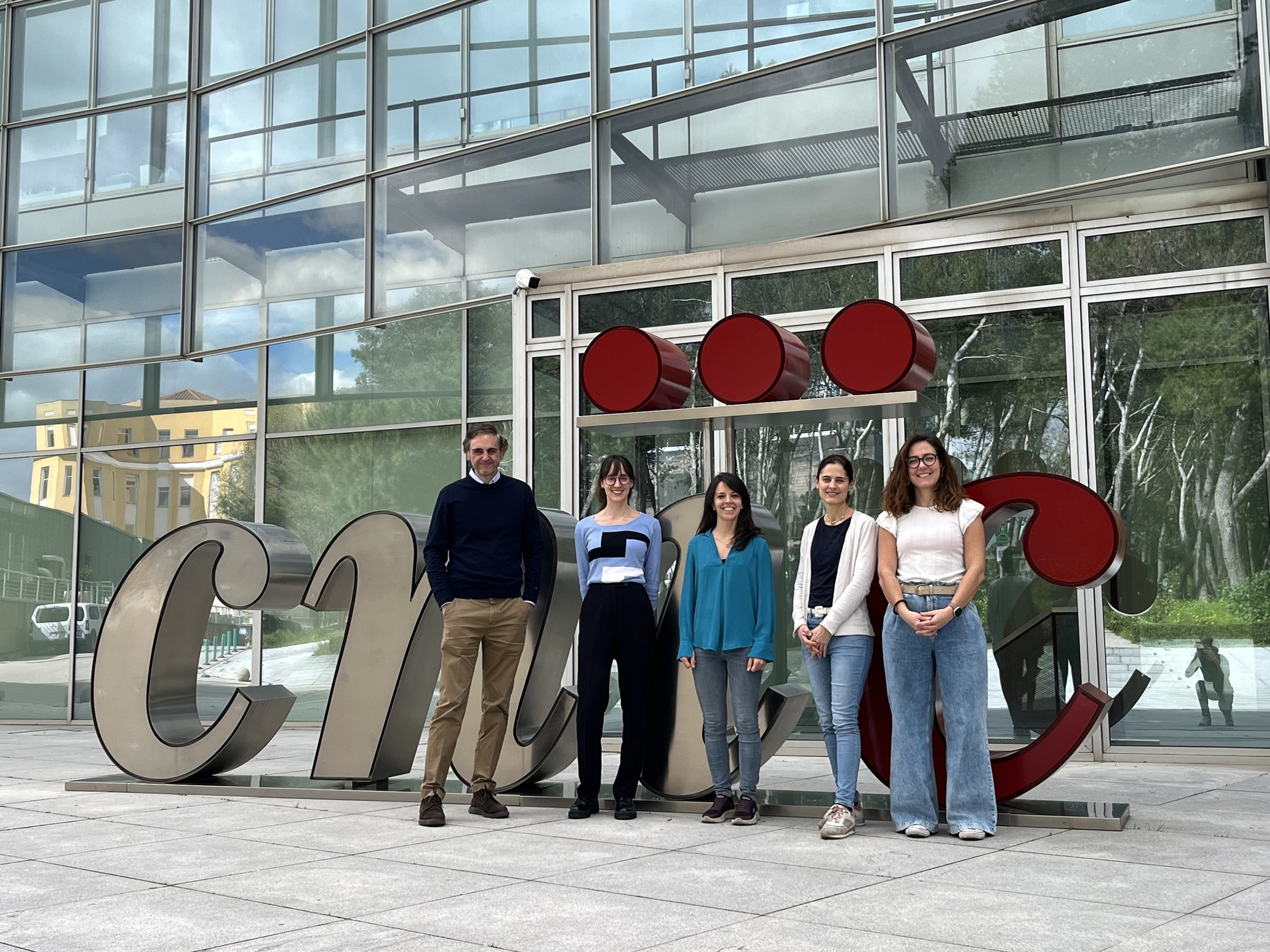Circulation: The heart remembers: scientists describe how early-life cardiac injury in parents influences the development and function of the heart in the next generation
Scientists at the CNIC and the University of Bern have found that heart surgery in male mice early in life creates a "memory" passed down to the next generation. Published in Circulation, the study suggests that a parental history of heart surgery should be considered when evaluating cardiovascular health in descendants.
Stress during the first years of life can have effects that last into adulthood. Less is known, however, about the possible inheritance of the consequences of early-life stress by the next generation. Now, scientists at the Centro Nacional de Investigaciones Cardiovasculares Carlos III (CNIC) and the University of Bern in Switzerland have discovered that heart injury early in life in one generation of mice triggers changes in cardiac function in their offspring. The study is published in the journal Circulation.
A family history of heart attack is known to influence an individual’s risk of cardiovascular disease. Moreover, the risk for offspring is greater if a parent experienced a heart attack earlier in life. Nevertheless, it has remained unclear if heart injury in a parent directly influences the cardiovascular system of the next generation. Almost 30,000 children require heart surgery every year in Europe, so exploring whether the “memory” of early-life cardiac injury can be transmitted to the next generation offers an important opportunity to increase our understanding of cardiovascular disease and to improve the collection of medical histories.
The new study, led by Nadia Mercader of the CNIC and the University of Bern, analyzed if experimentally induced cardiac injury in male mice could produce an inherited effect in the next generation.
The results, explains study first author Benedetta Coppe, of the University of Bern, show that the offspring of fathers with early-life cardiac injury had altered heart function. “The offspring of injured fathers showed evidence of altered heart development, characterized by transient expansion of the left ventricle during the first weeks after birth. This surprised us, since the only difference between the newborns was that in one group the father had experienced cardiac injury early in life, while in the other group the father was uninjured.”
The offspring of injured fathers also showed alterations in their responses to cardiac injury. These changes included improvements in cardiac remodeling (changes in the size, shape, and function of the heart after induced injury) compared with the offspring of uninjured fathers. This superior cardiac remodeling was associated with an increased volume of blood ejected by the heart per minute.
After injury, the heart normally switches its energy source from lipids to glucose, and this results in an accumulation of lipids in the heart tissue. Dr. Mercader explains that, “Curiously, the offspring of injured fathers accumulated fewer lipids in response to induced heart injury and had higher concentrations of circulating lipids in the blood. These observations suggest that the metabolism of mice with this ‘family history’ recovers better when these mice are themselves subjected to cardiac injury.”
The changes observed in the offspring of injured fathers indicate that cardiac surgery in the first weeks after birth leaves a lasting “memory” that can eventually be transmitted to the next generation.
The researchers conclude that the findings open the way to a better understanding of the impact of heart disorders and underline the potential value of including family surgical history when collecting patient medical histories.
The study was supported by funding from the European Union Horizon 2020 Programme (grant 819719) and an interdisciplinary grant (UniBeAQ20 ID Grant) from the University of Bern.











